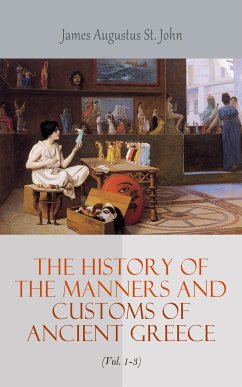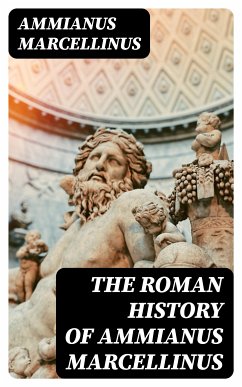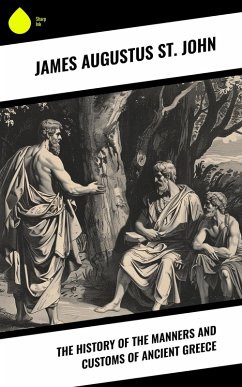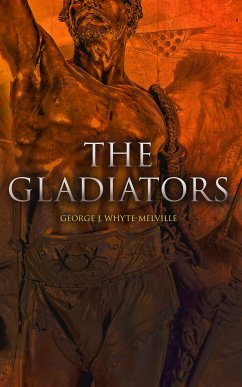
History of the Britons (eBook, ePUB)
Versandkostenfrei!
Sofort per Download lieferbar
0,49 €
inkl. MwSt.
Weitere Ausgaben:

PAYBACK Punkte
0 °P sammeln!
"History of the Britons" (Latin: Historia Brittonum) is a historic manuscript of the indigenous British people that was originally written in Latin around 828 A.D. It is commonly attributed to the Welsh monk Nennius, as some early manuscripts have a preface written in his name. It describes the supposed settlement of Britain by Trojan expatriates and states that Britain took its name from Brutus, a descendant of Aeneas, a Trojan hero in Greco-Roman mythology.
Dieser Download kann aus rechtlichen Gründen nur mit Rechnungsadresse in A, B, BG, CY, CZ, D, DK, EW, E, FIN, F, GR, H, IRL, I, LT, L, LR, M, NL, PL, P, R, S, SLO, SK ausgeliefert werden.













